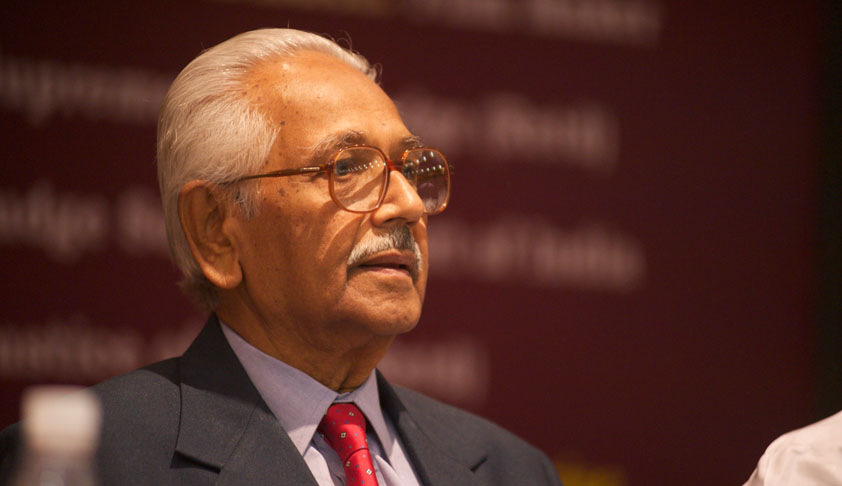Late Justice J S Verma’s family declines Padma Bhushan award
LIVELAW NEWS NETWORK
31 Jan 2014 5:45 PM IST

Next Story
31 Jan 2014 5:45 PM IST
In a letter addressed to President Pranab Mukherjee, late Justice J S Verma's wife Pushpa Verma expressed that she and her family declines to accept the Padma Bhushan award bestowed on him by the government posthumously as he was never a man to yearn or lobby for any acclaim, reward or favor.The letter dated January 29 read that for late Justice Verma it was always his country, which was...
